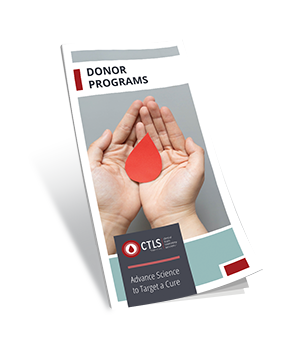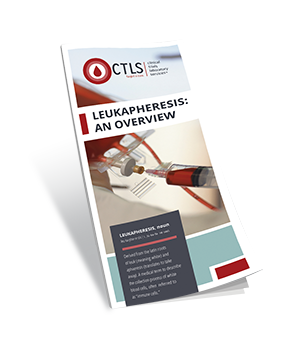All blood types are needed and welcome to donate.
You will be compensated after your donation. To donate, you must be pre-screened and adhere to certain eligibility requirements. Be sure to review eligibility details in order to be prepared to donate.
Donation Programmes
Whole Blood
Whole blood is comprised of four main components: red blood cells, plasma, white blood cells and platelets. Donating blood lowers iron levels, and it takes about two months for those levels to return to normal.
- Frequency: Whole blood can be donated every 56 days (eight weeks).
- Length of Visit: Expect your visit to last up to an hour.
- The Process: A phlebotomist cleanses and sterilises an area of the arm from which the blood is drawn. The collection process takes approximately 25 minutes.
For more information, click here.
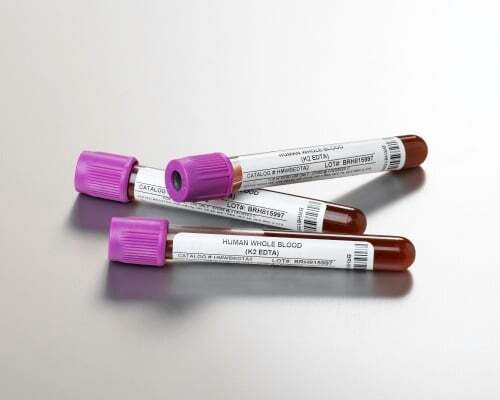
White Blood Cells (Leukapheresis)
White blood cells help defend the body against disease and infection. The process of leukapheresis removes white blood cells and returns other blood components back to the donor.
- Frequency: Donors may participate every two to four weeks, depending on the volume collected.
- Length of Visit: Expect your visit to take between one and four hours.
- The Process: A phlebotomist cleanses and sterilises an area of the arm from which the blood is drawn. The blood travels through a sterile tube into an apheresis machine that separates the white blood cells from other blood components. The white blood cells are collected, and the remaining components are returned to the donor through the other arm. The time for this process varies.
For more information, click here.
.jpg?width=800&height=563&name=white-blood-cells%20(1).jpg)
Other Biofluids
Beyond blood samples, scientists study other bodily fluids to detect and treat diseases. The CTLS staff will instruct you in collection protocol for the following sample types. Additionally, a few tubes of blood must be drawn for viral marker testing.
|
|
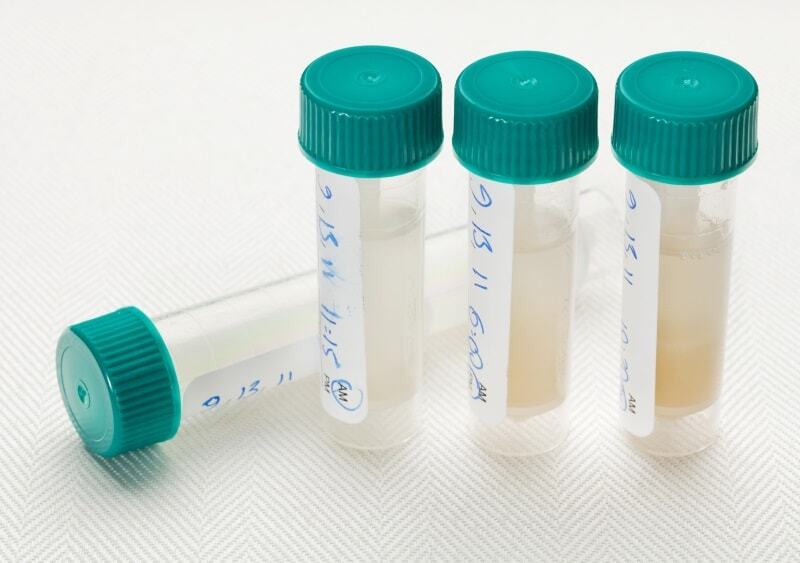
What to Know Before Donating
Basic Eligibility Requirements
In order to donate, you must meet these basic requirements:
- Be in good health and feeling well
- Be between the ages of 18 and 66
- Weigh at least 50 kg
- Are not pregnant and have not been pregnant in the past six weeks
- Possess a valid government-issued photo ID (Driving Licence, Passport, ID Card etc.)
- You cannot eat four hours prior to blood donation
- You need to be medication free for seven days, and alcohol and smoking free for 12 hours
- You can donate up to 500 ml of blood every two months (56 days)
Please note that this is not a complete list; other eligibility factors will apply.
Determination of Eligibility
To determine if you are eligible to donate, we will:
- Ask about your health
- Ask about medicines you are taking or have taken
- Ask about your risk for infections that can be transmitted by blood, including AIDS and viral hepatitis
- Take your blood pressure, temperature and pulse
- Take a blood sample to be sure your blood count is acceptable
All information you provide is kept confidential.
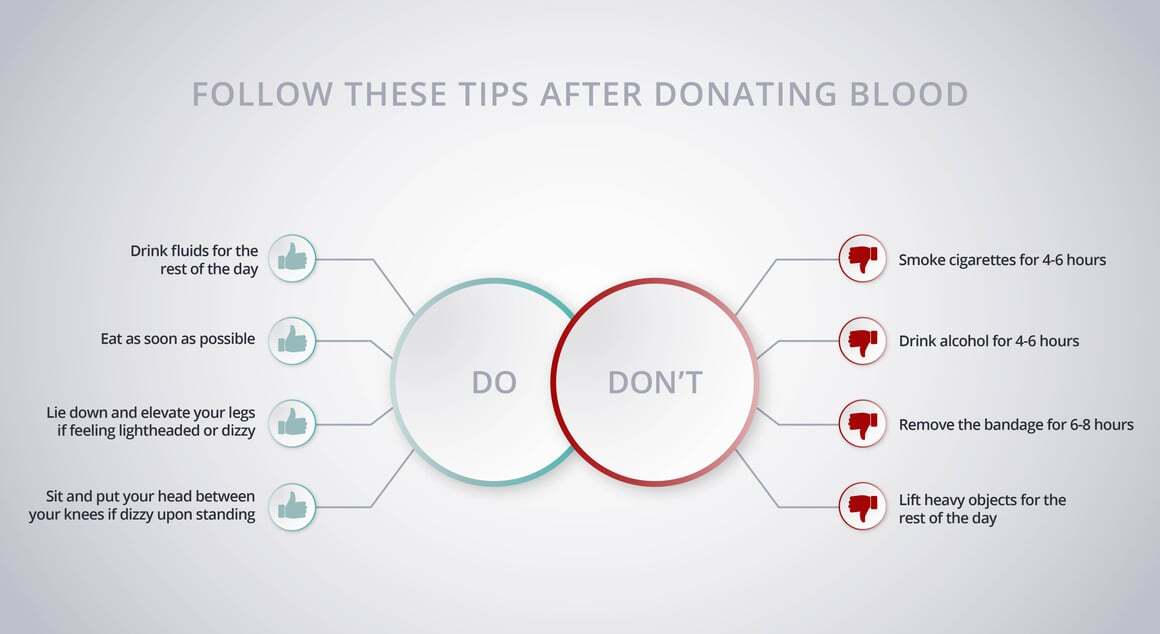
.webp?width=2883&height=1011&name=CTLS%20Logo%C2%AE_%20Font_Final%20(2).webp)
